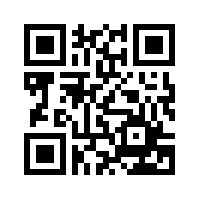At the Digital Humanities Summer Institute I participated in a three day advanced consultation on “Scaling Digital Humanities. I posted my conference report here, but I have just finished editing the short presentation I gave on Institutions In The Digital Humanities. This is an outline of work I am doing to document the history and institutions in Canada supporting the digital humanities as part of a project led by Dr. Michael Eberle-Sinatra looking at The Academic Capacity of the Digital Humanities in Canada.
One thing that became clear from the meeting is the diversity of support available across Canada. I have been developing a definition of what I consider to be basic support for research computing in the humanities:
- Access to a social lab with specialized workstations, digitizing equipment and software. Labs with lots of computers will be underutilized (unless you use them for training) as most of us have our own laptop; what is needed is the specialized stations to support conferencing, and specialized tasks like video editing, book scanning and so on.
- Access to digitization facilities to able to acquire evidence for research.
- Access to support that can quickly set up basic off-the-shelf web research utilities from distribution lists, blogs to wikis.
- Access to a virtual machine where projects can install the tools they need for specialized projects and not have to worry about standarization or conflicts with other projects. Providing humanists with a locked-down CMS which you can only use to publish static pages does not allow us to use the wealth of open source tools and languages out there to create innovative research environments. Neither should security or standardization rule any longer. Humanists should be able to get a virtual machine set up with sufficient storage for any project that has the programming support needed.
- Finally, and most importantly, access to good advising and technical support so as to be able to develop projects, apply for funding, and get project management support without being a humanities computing expert.


